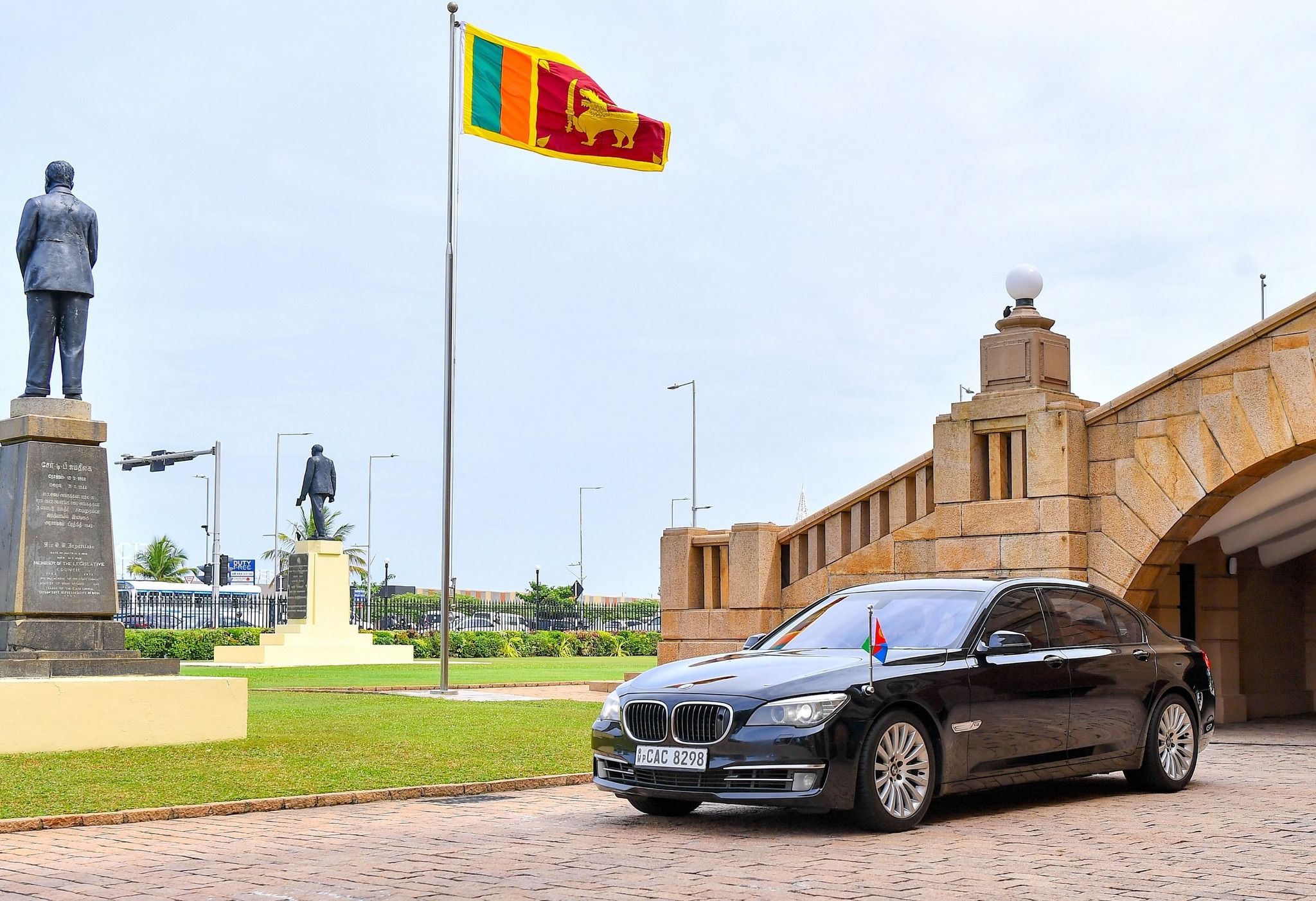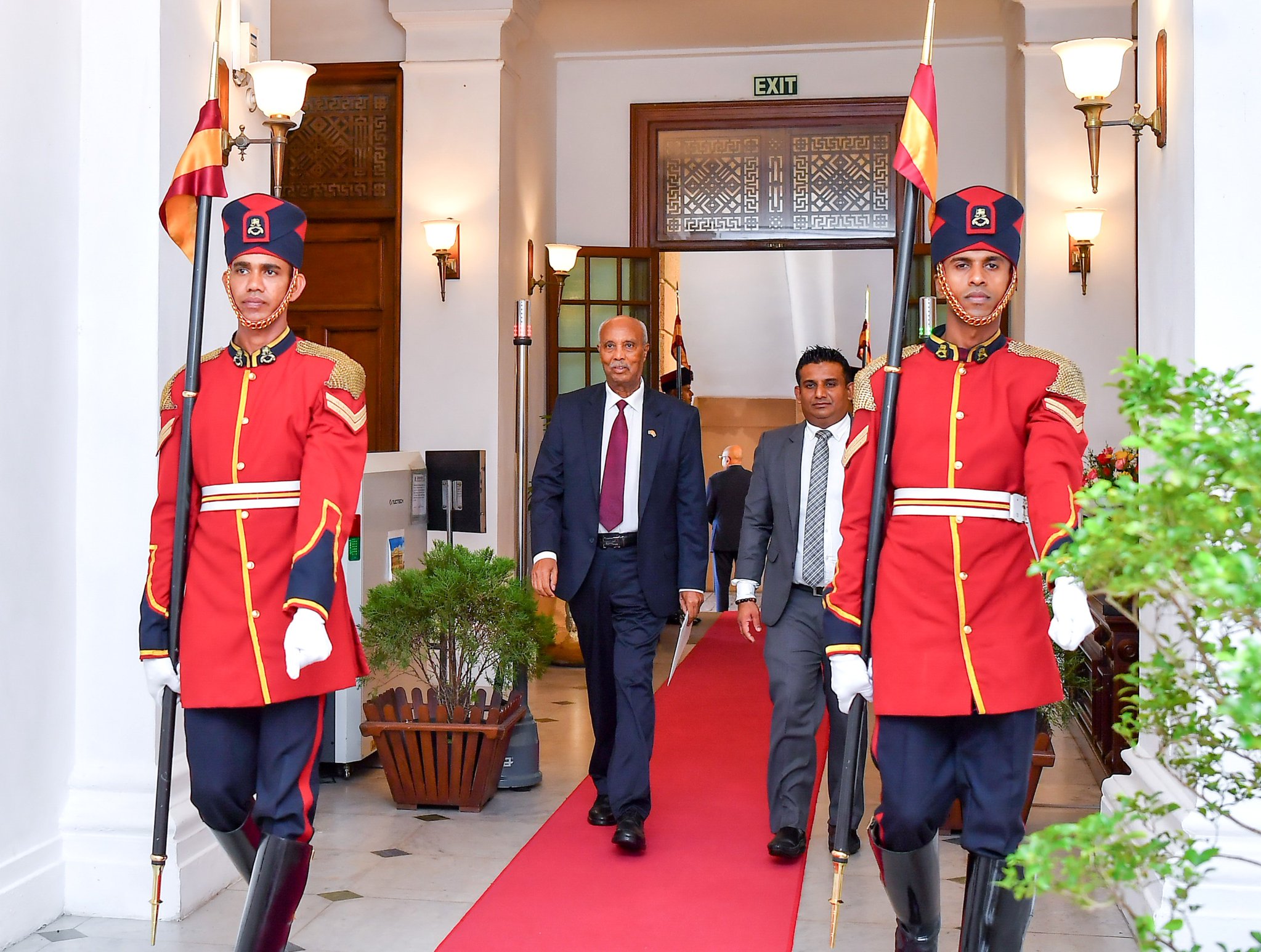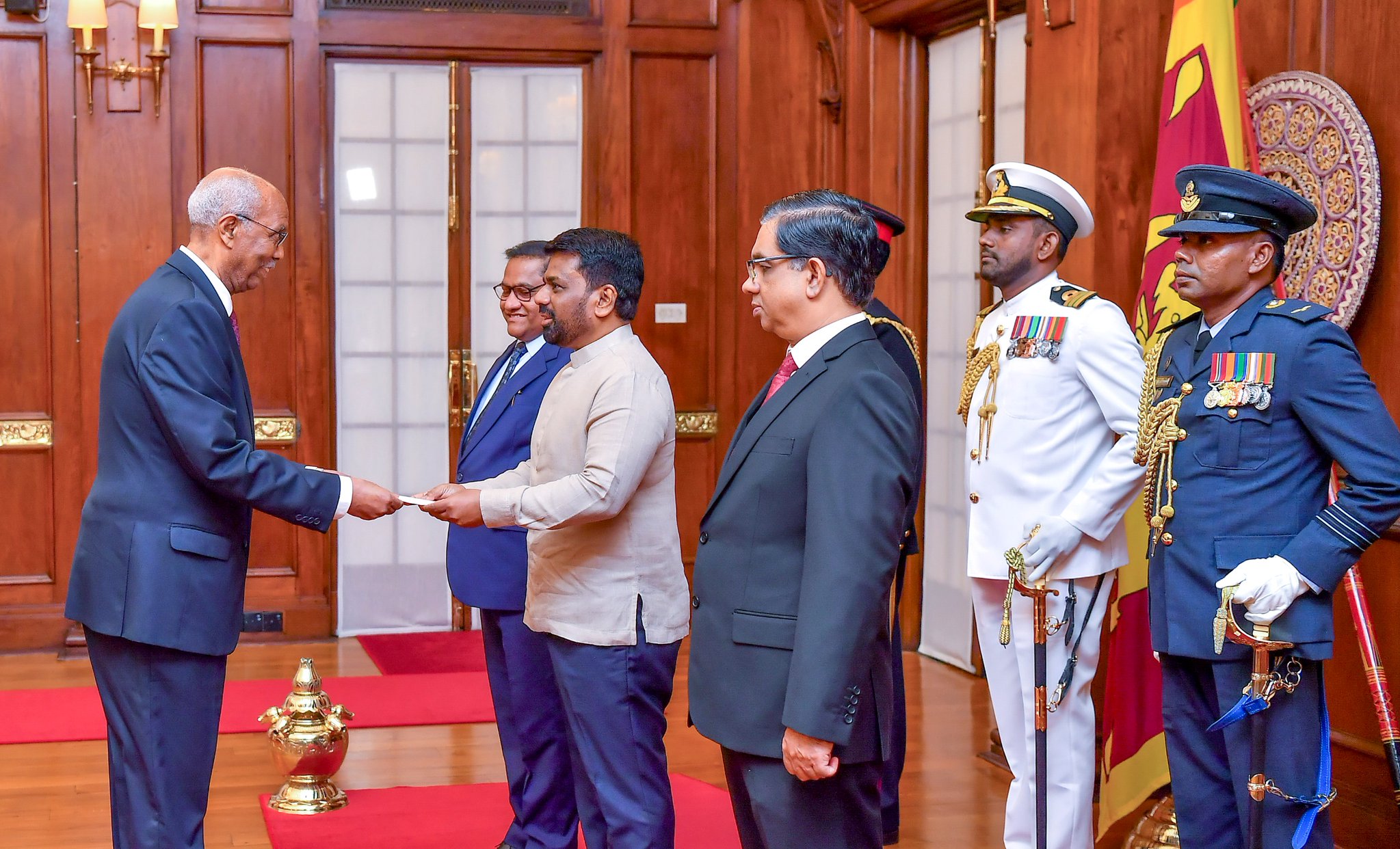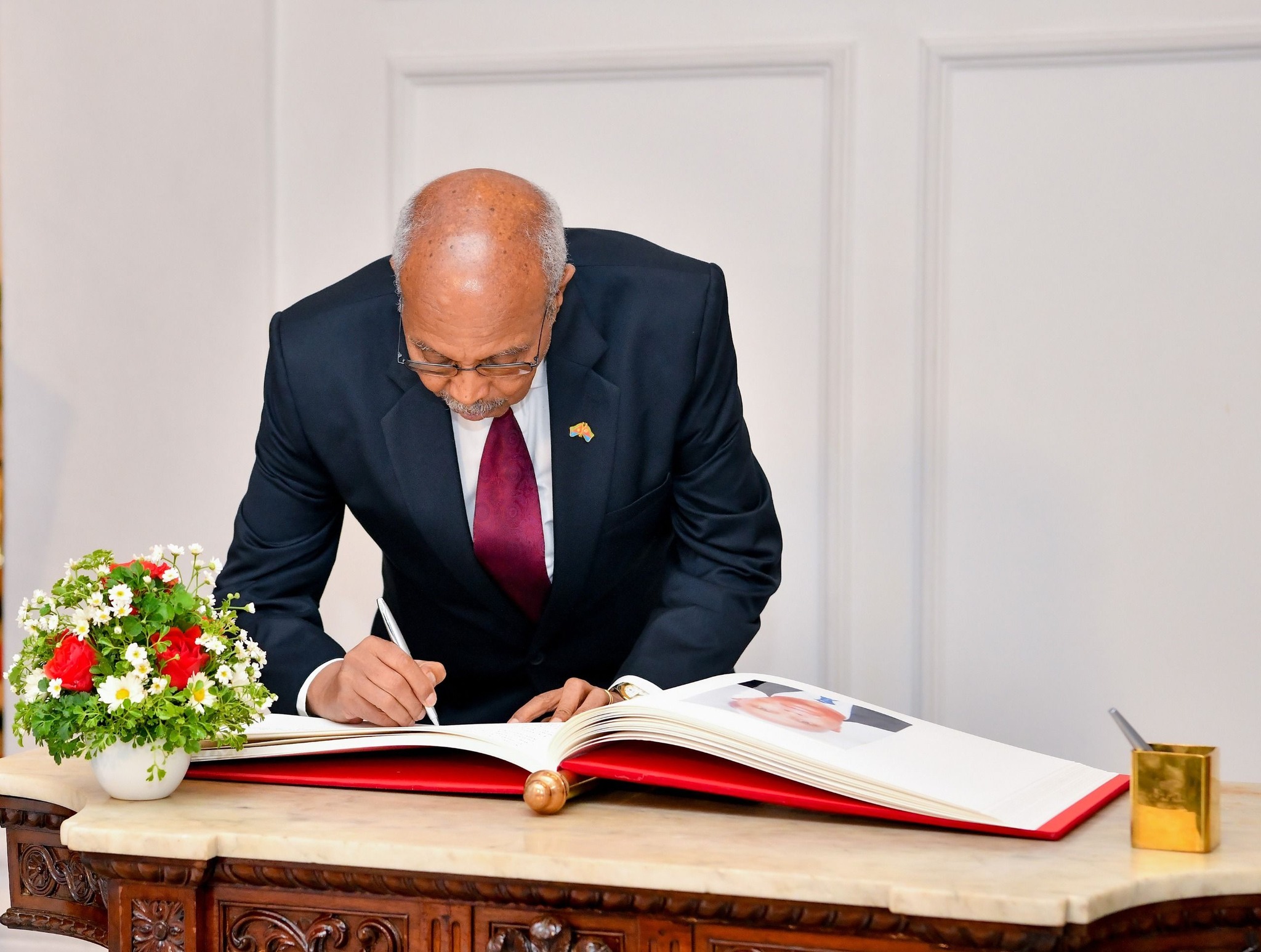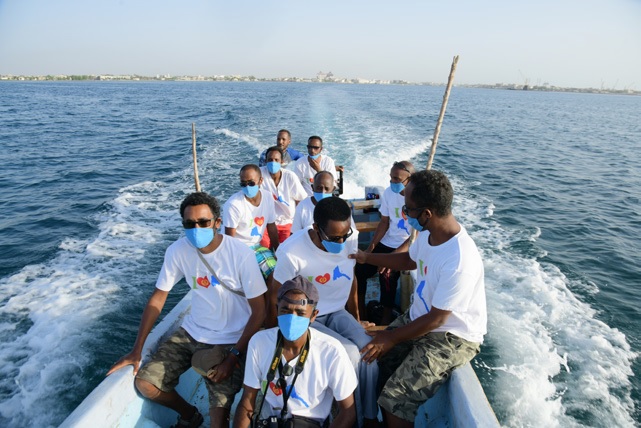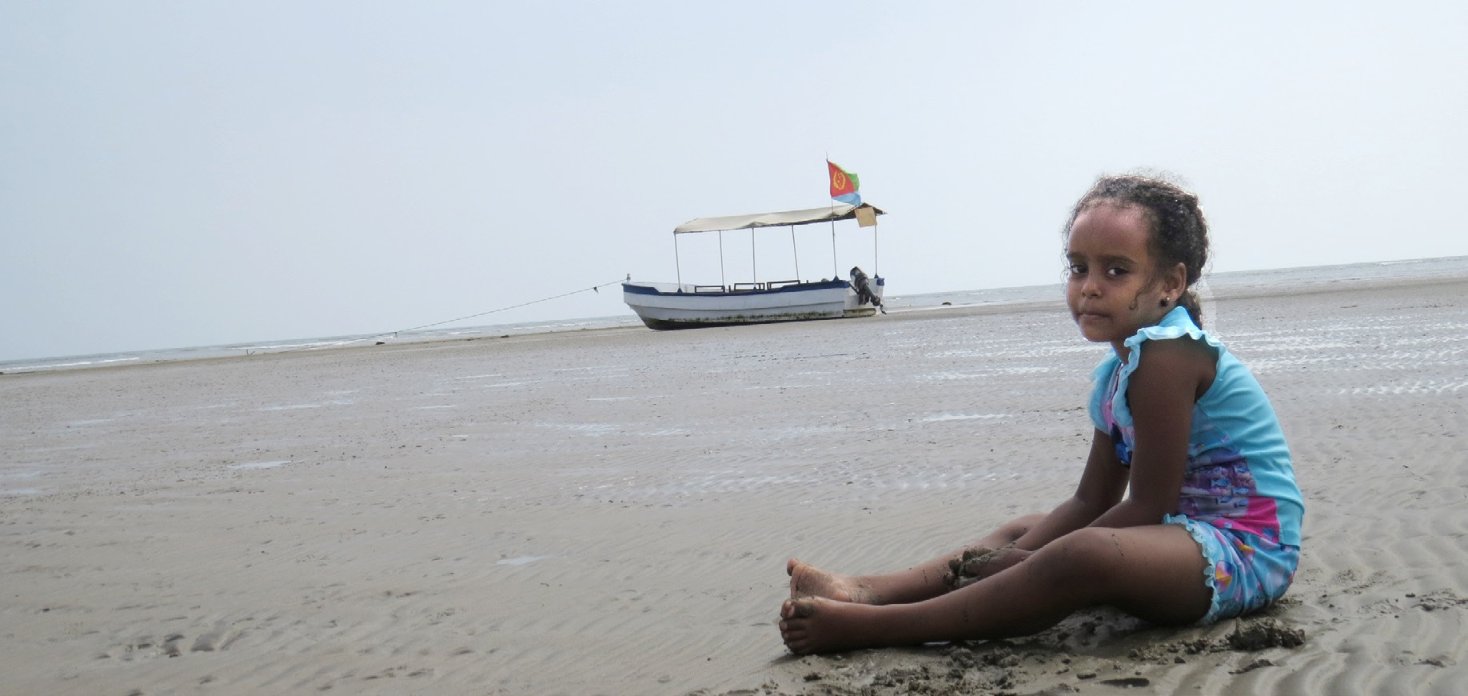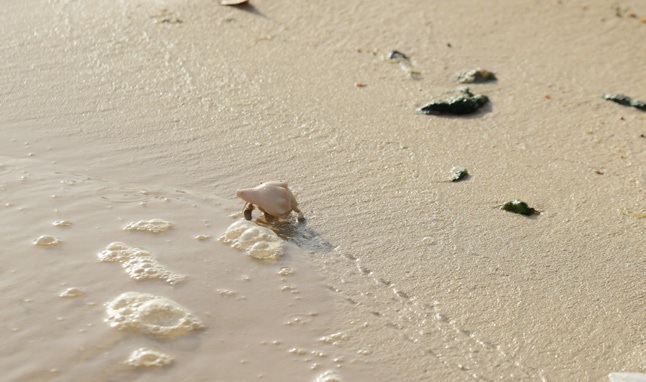Africa
A breath of fresh air, “The Great Lie – Eritrea There and Back”
The report titled "La Grande Bugia - Eritrea Andata e Ritorno" ("The Great Lie – Eritrea There and Back), aired last July 15th at 11:15 PM on Rai Tre, was truly a healthy and welcome "breath of fresh air" in an era of intense and draining media [deleted].
Di Filippo Bovo
https://www.opinione-pubblica.com/a-bre ... -and-back/
23 Luglio 2025

Una vista aerea di Asmara.
On July 15th, the Italian public TV Rai Tre aired an excellent report at 11:15 PM, titled “La Grande Bugia – Eritrea Andata e Ritorno” https://www.raiplay.it/video/2025/07/La ... 6834f.html (“The Great Lie – Eritrea There and Back”), by Francesca Ronchin and Solomon Mebrahtu. As described on the Rai Play page, where it can be viewed online, the report
We highly recommend watching it, especially since it’s rare for public service broadcasting to truly inform citizens with such well-made and documented reports. Producing and airing it couldn’t have been easy. In an era of intense and draining media [deleted] (we’ve already seen the damage caused by institutionalized, one-sided narratives on conflicts in Ukraine or the Middle East, and so on), this was truly a healthy and welcome “breath of fresh air.”reveals how, over the years, the issue of immigration has been approached ideologically, legitimizing falsifications of reality that have endangered the lives of migrants and exacerbated the fragilities of the reception system.
Now, as devoted readers will know, Eritrea shares a sinister and not-so-enviable privilege with a few other countries: that of being opposed by a vast bipartisan neoliberal front. From right-wing to left-wing liberals, especially the “radical chic,” all united by a strict Euro-Atlantic fundamentalism, they see Eritrea as the quintessence of the perfect “dictatorship” to be hated. The reasons are numerous and have been explained multiple times in past articles: since its Independence, won with blood and right after a thirty-year War of Liberation from 1961 to 1991, the country has never wanted to submit to certain dictates aimed at aligning it with the rest of the African nations, all under the strict control of Western neocolonialism. The government of the People’s Front for Democracy and Justice (PFDJ), led by President Isaias Afewerki, insists on autonomous development, whose encouraging results we have repeatedly illustrated in our articles. The PFDJ is the direct heir of the EPLF (Eritrean People’s Liberation Front) which led and won that difficult War of Liberation. Thus, no IMF, no NATO-AFRICOM, no USAID, no religious sects guided by the NED—nothing that could directly or indirectly serve to establish external control aimed at annihilating its sovereignty. Upon their Independence, Eritreans had already seen what had happened in thirty years to all other African nations that had, sometimes by choice but mostly by obligation, submitted to certain alliances and “self-serving charities.” After such a clear and thirty-year balance sheet, there was no need to repeat a bad example, especially by nullifying the blood of those Martyrs who had fought until then to liberate their land.
Not only did that American-led international order, which emerged after the fall of the two-bloc order, dislike those rejections, but it liked the subsequent developments even less. In neighboring Ethiopia, which had controlled Eritrea as its 14th province until 1991, the government of the Tigray People’s Liberation Front (TPLF), led by Meles Zenawi, had meanwhile been established. Until 1997, relations between the two countries, both recovering from the bloody period of Menghistu Haile Mariam’s DERG, had appeared generally good. But in Ethiopia, that government, contrary to what was seen in Eritrea, was quickly absorbed into Euro-American tutelage, which had elevated it to a perfect model of what, from its point of view, an African country should be: chronic and massive dependence on Western loans and humanitarian aid, total political, economic, and strategic alignment, and so on. Thus, Ethiopia under the TPLF quickly became the good example to imitate, and Eritrea the bad example to be ostracized in the eyes of other Africans and the entire world. It’s well known: according to these Euro-Atlantic neoliberal circles, “proper,” “respectable” countries where “human rights” are upheld are those where their agents and fifth columns can operate freely, serving the interests of their masters and certainly not of the countries they are supposed to help or even govern.
Thus, in 1998, a brutal war of aggression by Ethiopia against Eritrea broke out, lasting until 2000, when Western patrons intervened diplomatically before it was too late: things were going very badly for Zenawi and his army. With the Algiers Agreements, the two countries ended the military conflict, and two years later, the verdict of UNMEE (United Nations Mission in Ethiopia and Eritrea) fully vindicated Eritrea on the border areas that Ethiopia claimed for itself. It’s an open secret, of course, that the 1998 war certainly didn’t start only over a few border areas, like Badme, but rather with Addis Ababa’s intent to reclaim the entire territory of its former 14th province. This intent, however, failed, sending many poor people to slaughter (but of them, much like the Ukrainians used by NATO to wage war against Russia, between us, what did the high circles in Washington, London, and Brussels really care?).
That war, however, had its repercussions, as the TPLF government, first with Zenawi and then with Haile Mariam Desalegn, backed by its Western patrons, continued not to apply the Algiers Agreements that it had signed, until its fall in 2018. At that point, Abiy Ahmed’s Prosperity Party (PP) took over, and in 2018 he signed peace with Eritrea, normalizing his relations with Asmara and fostering a process of integration and cooperation in the Horn of Africa, always desired by the Eritrean government. It wasn’t long before Abiy Ahmed also received a Nobel Peace Prize, proving where certain Western circles wanted to “reposition” him with such flattery. Shortly after, in 2020, in the Tigray State, in northern Ethiopia, bordering Eritrea, the TPLF unleashed a secessionist war that lasted until 2022. The Ethiopian government risked its existence and sought and obtained cautious but effective help from Eritrea, which had also been hit by Scud launches by the TPLF in an attempt to internationalize the conflict. In 2022, the conflict ended with the surrender of the TPLF and the signing of the Pretoria Agreements, from which Eritrea was nevertheless excluded: the mediators were indeed the African Union, with the United States in the role of satisfied guarantors along with some delegates from the UN and IGAD (the Intergovernmental Authority on Development, an entity that brings together Horn of Africa countries without ever truly shining, given its certain complacency towards the Euro-American axis).
The fact remains that since then, Abiy Ahmed has increasingly behaved like
: the Pretoria Agreements have obviously remained unfulfilled, also because a bond quickly blossomed with the TPLF-G faction (led by Getachew Reda, hostile to Eritrea and in the good graces of Addis Ababa, as well as all the others), while Ethiopia began to show growing hostility towards all its neighbors. We have already discussed this extensively in previous articles, from threats to Eritrea, Djibouti, and Somalia for sea access to the MoU with the separatist and unrecognized Somaliland, not to mention support for Dagalo Hemeti’s RSF (Rapid Support Forces) in the Sudanese civil war. Meanwhile, in addition to the United States, Ethiopia appears increasingly externally directed by the United Arab Emirates and Israel for their not-so-commendable ambitions in the Red Sea, the Horn of Africa, and the Nile Valley. All this while Ethiopia crumbles under the weight of debt and out-of-control inflation, torn apart by insurrections from FANO and OLA, who, with light armaments, force entire fully equipped army units, even with heavy weaponry, to surrender. In such a vast vortex of crisis, threats to neighbors seem to be a way for Ethiopia and its government to externalize growing internal contradictions and postpone elections that would be political suicide, under the pretext of having to adopt a state of emergency. It’s not surprising that the other TPLF faction, Debretsion Gebremichael’s TPLF-D, concerned by all these turbulences, has even chosen, contrary to the other faction, to reconcile with neighboring Eritrea: a novelty we have already mentioned in the past.the West’s good boy
It’s therefore easy to understand why it’s so convenient to talk about emigration from Eritrea, speculating on it as much as possible: branded as a “rogue state” since its independence, the European Union launched an “open arms” operation for anyone from the Horn of Africa who declared themselves Eritrean. And, naturally, the 1998-2000 conflict and the subsequent eighteen years of “neither war nor peace” further intensified that cycle, fueling endless interests. As a result, over 70% of those who declared themselves Eritrean, obtaining immediate asylum, turned out instead to be Ethiopian, but also Somali or Sudanese. This is an old story, known for years, and curious readers can find it in our older articles. Moreover, thanks to that opaque system, individuals posing as Eritreans often arrived in Europe (but also in other countries linked to the same alliance framework, from the United States to Canada to Israel, and so on) who were later revealed, by their criminal actions, such as attacks on various Eritrean Community Festivals, to be militants of the Nhamedu Brigade, a kind of armed branch in disguise of the TPLF. True Eritreans paid the price, as did some German and Dutch police officers: arrested, their true identity came out, and at that point, they were in trouble. But, as if all this weren’t enough, just as told in Francesca Ronchin and Solomon Mebrahtu’s report, that minority percentage of genuine Eritreans who nonetheless emigrated can, easily and without having to be ashamed of anyone, return to their own country, which is furthermore very happy to welcome them back.
In addition to our old articles, to satisfy your curiosity, we can also recommend interesting and lucid publications, such as “Inferno Immigrazione” by Daniel Wedi Korbaria or “Ipocrisea” by Ronchin herself, to whom we feel obliged to offer, on this particular occasion, all our solidarity for the frankly inappropriate accusations that have been leveled against her by some.
Filippo Bovo
Nato a Pisa nel 1983. Direttore Editoriale de l'Opinione Pubblica. Esperto di politica internazionale e autore di numerosi saggi.
